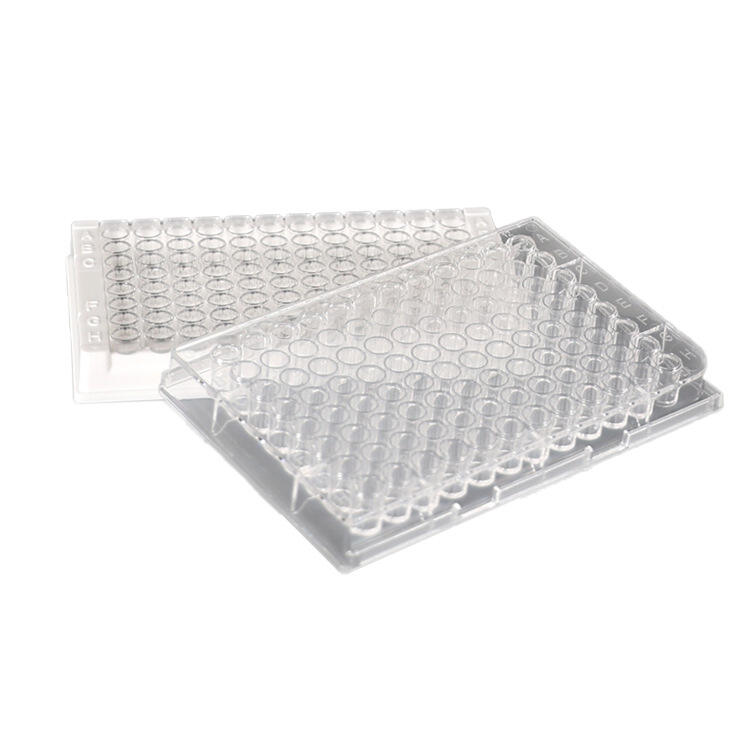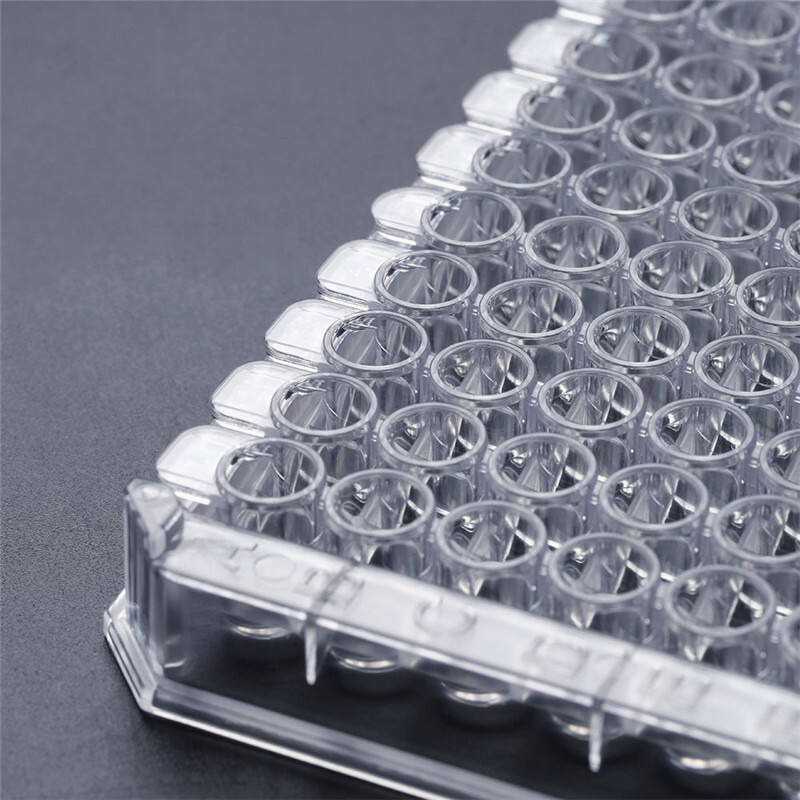Contact Info
No.208,Simingyuan,Tongan Industrial Concentration Area,Tongan District, Xiamen, Fujian, China 361100


Copyright © 2025 by Xiamen Zhizi Industry & Trade Co., Ltd.